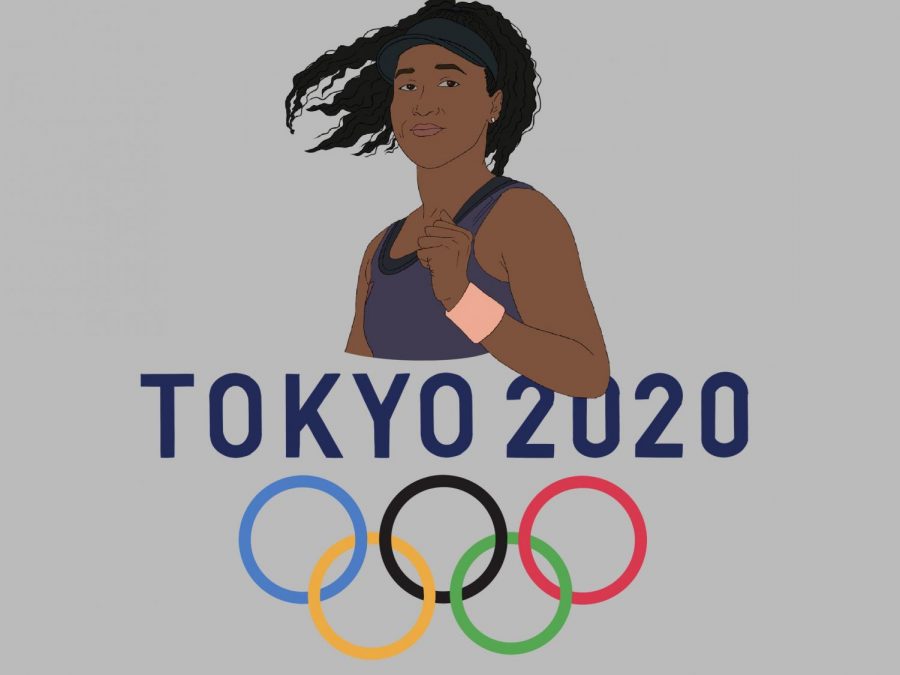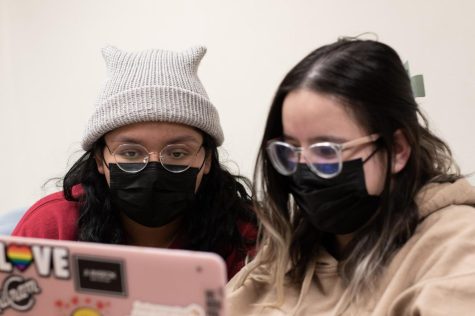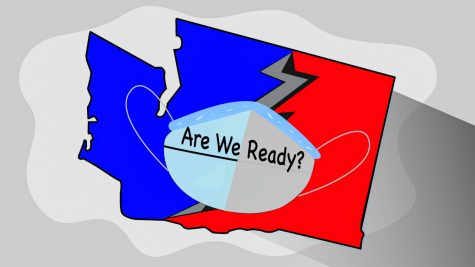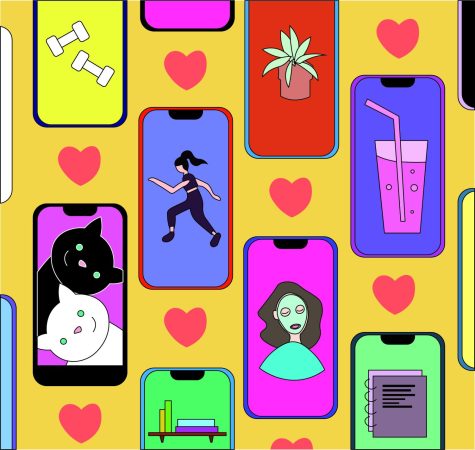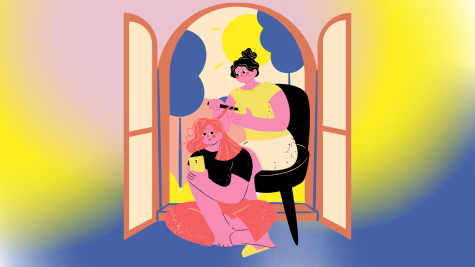Respect athletes’ mental health needs
Mental health is equally as important as physical health for professional athletes
Naomi Osaka is one of the latest athletes speaking out about her mental health and advocating for herself.
July 23, 2021
When you think of professional athletes, you think of physical health — weights, workouts, protein shakes and whatever else is necessary to constantly remain at the peak of one’s physical condition.
What people do not consider nearly as often is athletes’ mental health.
To stay at your maximum physical condition, you have to also stay at your maximum mental condition. With the heavily publicized nature of sports, athletes today are not getting the chance to keep up with their mental health as well as they should.
Japanese tennis player Naomi Osaka is one of the latest athletes to speak out about mental health this Olympics season. In an open letter to Time Magazine, she addressed two primary issues affecting the mental health of athletes: privacy and lack of days off.
In Osaka’s case, privacy had to do with media and press conferences.
On May 30, she was fined $15,000 for not attending a press conference at the French Open for the sake of her own mental health. Tournament officials threatened suspension or even disqualification if Osaka continued to avoid press conferences, so in an act of defiance and self-love, Osaka withdrew from the competition entirely.
Megan Christoferson, senior business management and hospitality major, supports Osaka’s actions.
“I think Naomi Osaka had every right to stand up for herself like she did,” Christoferson said. “People who are well-known to the public have eyes on them constantly; with everything they do, they are watched and critiqued. Struggling with mental health is one thing, but being an athlete or celebrity who struggles is a completely different thing.”
In her letter, Osaka discussed what it was like to experience mental health issues while in the public eye.
“In my case, I felt under a great amount of pressure to disclose my symptoms — frankly because the press and the tournament did not believe me,” she wrote.
A statement from tournament officials appeared to support this.
“… the Roland-Garros teams asked her to reconsider her position and tried unsuccessfully to speak with her to check on her well-being, understand the specifics of her issue and what might be done to address it on site,” the statement read.
Personally, I find this statement ridiculous. Osaka never should have been obligated to disclose her specific symptoms or her medical history in order to have her decision respected.
Alayna Marsh, senior psychology and human development major, agrees with this sentiment. Marsh believes that whatever a person believes is necessary for their own mental health is their best option. No one else can determine that.
“I can definitely say, just as a psych/HD person … not only should [athletes] be advocating for their own mental health, but they should also have their coaches and their people that are with them that should also be doing the same thing,” Marsh said.
In her open letter, Osaka thanked the people in her life who were supportive of her mental health, as well as her business partners. She thanked them for their support, encouragement and understanding, reminding readers of the importance of such support systems.
However, even with all the support in the world, taking care of your mental health is impossible without personal time to check in with what you need.
Between travel days during the season and the lengthy off-season, it probably appears athletes have plenty of time to be taking care of their mental health.
However, when you are in the public eye, there really are no days off.
Famous athletes are often subject to as much media scrutiny and paparazzi nonsense as celebrities. Maintaining a social media presence is also a typical requirement today.
Additionally, having an athletic career requires constant training and working to stay in shape, even during the off-season.
All this, alongside obligations for brand partnerships and personal philanthropic projects that many athletes take on, creates a schedule with very little time for rest.
In order to address this, Osaka suggested allowing a small number of sick days for athletes, just like other occupations, in which they’re exempt from media obligations.
“I think Naomi said it best,” Christoferson said. “Athletes should receive personal days and should not be expected to give an answer to why they need a ‘break’ to protect their own privacy and life away from the media and public viewers.”
However this issue is addressed, it must be addressed somehow.
Mental health has become a huge conversation thanks to athletes like Osaka and fellow Olympian Michael Phelps, who has been a major advocate for athletes’ mental health, as well as people in the public eye like Meghan Markle.
Thanks to these people and so many others, public awareness of and sympathy for mental health is at an all-time high. Yet, very little seems to have changed so far.
Drastic steps need to be taken in society to support mental health struggles — for all people, of course, but during this Olympics, athletes need to be a part of the conversation more than ever before.


